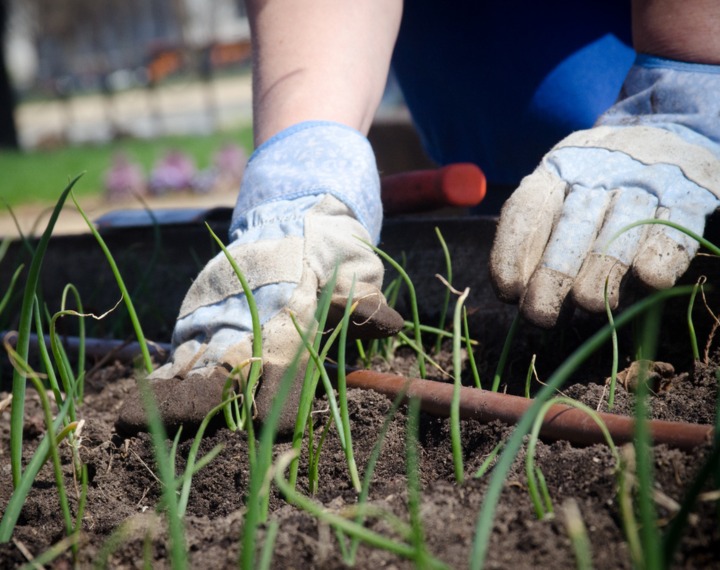Gardening: The Secret to Better Mental Health for Care Home Residents
 Study after study has shown that gardening can have a positive impact on mental health, but the question is why is that - what makes horticulture so beneficial for mental health? To learn more about how gardening can be beneficial for care home residents of all ages, as well as for your care team, read on.
Study after study has shown that gardening can have a positive impact on mental health, but the question is why is that - what makes horticulture so beneficial for mental health? To learn more about how gardening can be beneficial for care home residents of all ages, as well as for your care team, read on.
Creates a sense of responsibility
A lot of schools implement gardening as a form of study because it teaches children responsibility. Having a small plot to tend to, gives everyone involved in the project a sense of responsibility, which is why gardening projects work well in all sorts of care homes. From facilities for children and young adults with learning difficulties to places for seniors with dementia and other health problems, gardening can be a great addition to the schedule. Having to care for plants or vegetables is a great way to learn about respect for other living things.
Boosts self-esteem
It doesn’t matter whether your residents are seven of 70, gardening will teach them (and your care team) to be nurturers. The fact is that plants don’t care who is growing and nurturing them, they just need to be looked after. For people of all ages, including people with mental health problems, cognitive delays, and other health problems such as dementia, being able to successfully nurture something can boost self-esteem.
Encourages relaxation
Gardening offers an escape from reality. It allows you to relax and unwind. There’s something about tending to a garden or plot of land that helps to soothe and calm while helping to relieve stress. A lot of people living (and working) in care homes suffer from stress and sometimes anxiety too, which is what makes gardening an even better activity to offer.
Releases endorphins
Taking care of a garden or vegetable plot is a form of physical activity, which means that it’s good for our bodies. Everything that’s good for our bodies is also good for our minds. When exercising, our levels of serotonin and dopamine (feel good hormones) rise, while our cortisol levels (hormones linked to stress) begin to lower. Just like exercise releases endorphins - aka feed good hormones, so does gardening. So for anyone who is feeling down, a spot of gardening could be the answer.
Awakens the senses
There’s no getting away from the fact that sensory gardens can be highly beneficial for people of all ages because they can help to calm, soothe and reassure, as well as offering an outlet for stress and anxiety. When you spend time outside gardening, just like when you are in a sensory garden, your senses awaken. This can have a profound effect on a person’s mental health and wellbeing.
The fact is that gardening can have an incredible impact on mental health for a wide range of reasons, which is why it should be incorporated into your care home’s schedule.




